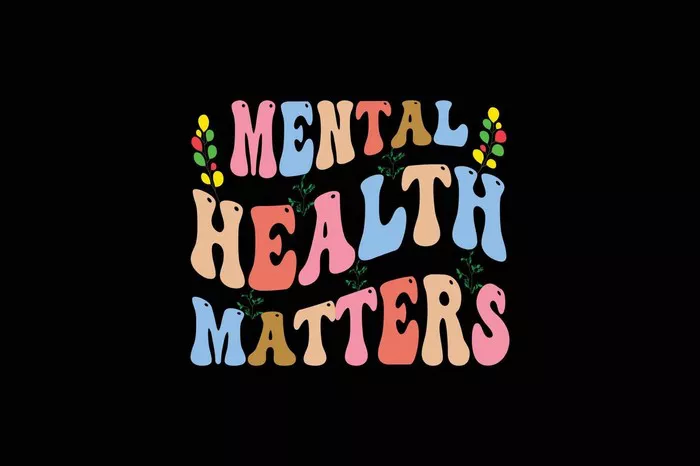Music is more than just a form of art or entertainment; it is a powerful tool that can significantly impact our mental health and emotional well-being. As health professionals, we recognize the profound effects of music on the human psyche. This article explores the various ways in which music contributes to mental health, from stress reduction to emotional regulation, and its potential as a therapeutic intervention.
The Neurological Basis of Music’s Impact
Music engages multiple areas of the brain, influencing cognitive functions such as memory, attention, and behavioral augmentation. Neuroimaging studies, particularly using magnetic resonance imaging, have revealed the complex neural networks involved in processing music, highlighting its role in emotional and cognitive activities.
Music and Emotional Regulation
Music has the ability to evoke a range of emotions, providing an emotional outlet and a means of emotional expression. It can serve as a form of emotional catharsis, helping individuals process and understand their feelings. This emotional resonance is a key aspect of music’s therapeutic potential.
Stress Reduction and Relaxation
One of the most widely studied effects of music is its calming and stress-reducing impact. Music can lower heart rate and blood pressure, relax muscle tension, and release endorphins, promoting feelings of calm and relaxation.
Music Therapy and Mental Health Disorders
Music therapy has been used to treat a variety of mental health conditions, including depression, anxiety, post-traumatic stress disorder (PTSD), and even schizophrenia. It can be a highly personalized approach, suitable for individuals of any age and musical experience level.
Cognitive Enhancement and Memory
Listening to music has been shown to improve cognitive functions, with particular benefits for memory encoding and retrieval. This cognitive enhancement is thought to be linked to the arousal and mood-regulating effects of music.
Social Connections and Community Building
Participating in musical activities can foster a sense of community and belonging, which is crucial for mental health. Group music activities, such as choir singing or orchestras, can improve social connections and provide a shared experience that enhances well-being.
The Role of Music in Rehabilitation
Music-based therapies have been successful in rehabilitation settings, particularly for neurological disorders like stroke. They can aid in regaining body integrity and improving motor functions.
Physical Health and Music
While the focus is on mental health, it’s important to note the interplay between music and physical health. Music can improve balance, motor coordination, and adherence to physical exercise interventions, contributing to overall health and well-being.
The Impact of Music on Brain Chemistry
Music has the power to alter brain chemistry, releasing various neurotransmitters that contribute to mental well-being. For instance, music can stimulate the release of dopamine, a neurotransmitter associated with pleasure and reward, which can elevate mood and reduce stress.
Music and Pain Management
Music has been found to be an effective adjunct in pain management. It can distract from pain, reduce the perception of pain, and provide a soothing effect, making it a valuable tool in palliative care and during medical procedures.
Music and Sleep Quality
Good sleep hygiene is crucial for mental health, and music can play a role in improving sleep quality. Calm, soothing music before bedtime can help signal to the body that it’s time to sleep, reducing anxiety and promoting restfulness.
The Use of Music in Psychotherapy
In psychotherapy, music is used not only as a mood enhancer but also as a tool for self-exploration and emotional expression. Clients can relate to lyrics, identify with themes in music, and use music to process complex emotions they may struggle to articulate.
Cultural and Individual Preferences
The impact of music on mental health is not one-size-fits-all; cultural background and personal taste play significant roles. What resonates with one individual may not resonate with another, making personalized music playlists a valuable asset in self-care routines.
Active Music Making and Mental Health
Actively making music, whether through singing, playing an instrument, or participating in group music activities, can have profound effects on mental health. It engages multiple areas of the brain, provides a sense of accomplishment, and fosters a sense of community.
Music and Cognitive Stimulation
For individuals with cognitive decline or dementia, music can serve as a powerful cognitive stimulant. Familiar tunes can evoke memories, improve mood, and increase social interaction, offering a lifeline to those in the later stages of cognitive decline.
The Role of Music in Child Development
Music is not only beneficial for adults; it plays a crucial role in child development as well. Early exposure to music can enhance cognitive skills, social skills, and emotional regulation in children, setting a foundation for lifelong mental health.
Music and Exercise Motivation
The beat of music can motivate and enhance the experience of physical exercise. It can increase endurance, make workouts more enjoyable, and provide a rhythmic structure to movement, contributing to overall physical and mental well-being.
Conclusion
Music is a multifaceted intervention that can enhance mental health in various ways. It can reduce stress, improve emotional regulation, foster social connections, and support cognitive functions. As health professionals, we advocate for the integration of music into mental health care, recognizing its potential to improve the quality of life for individuals facing mental health challenges
Related Topics:

